Foreign direct investment (FDI) is one of the most important factors driving Vietnam’s economic growth, and Vietnam has benefited more than any other country from the US-China trade war in terms of FDI inflows, according to VinaCapital chief economist Michael Kokalari.
However, two potential risks to Vietnam’s FDI inflows have recently emerged that have drawn the attention of business leaders and policymakers in Vietnam: Vietnam may be losing its competitiveness in FDI compared to India, Malaysia or Indonesia.
In addition, there are concerns that the new global corporate minimum tax regime will reduce Vietnam's attractiveness as an FDI destination by limiting tax incentives for potential FDI investors.
Assessing competition from India, Malaysia and Indonesia
Apple's announcement in April of ambitious plans to expand iPhone production in India made headlines, but other multinational corporations investing in India are primarily manufacturing products for domestic consumer markets, which is very different from the purpose of investing in Vietnam.
VinaCapital experts believe that India is not a threat to FDI flows into Vietnam so far and FDI will likely remain one of Vietnam's main growth drivers in the coming years. According to this expert, the FDI wave into India should not be seen as an investment shift from Vietnam.
Meanwhile, projected foreign direct investment into Malaysia and Indonesia grew at rates of nearly 65% and 30% (compound growth) respectively over the past two years, while Vietnam's registered FDI was essentially unchanged and decreased in the first four months of this year.
Some observers have suggested that multinationals may set up factories in Malaysia and Indonesia, rather than Vietnam. However, both countries are benefiting from increased investment in electric vehicle (EV) battery production, and Malaysia is attracting significant investment in cloud computing-enabled data centers.
Vietnam’s high-tech FDI inflows remain focused on the assembly of consumer electronics and other high-tech products, as Vietnam’s capabilities have yet to expand into higher value-added industries such as data centers and cloud computing. However, Malaysia has also started with the assembly of electronics to become what it is today – so Malaysia’s success is a sign of Vietnam’s future.
Global minimum corporate tax will not reduce FDI flows to Vietnam
FDI companies investing in Vietnam often enjoy preferential tax rates, which may include a 0% rate in the first years of operation, then gradually increase to a corporate income tax rate of 20% over a period of up to 10 years.
In 2021, more than 100 countries (including Vietnam) agreed to the OECD proposal to apply a 15% global corporate minimum tax (GMT) from 2023 on companies with consolidated income above USD 850 million. The implementation of this agreement was later delayed until 2024 and it is still unclear whether the US, China and India will join the plan.
Vietnam is preparing to implement a minimum tax mechanism next year and about 70 companies in Vietnam may have their tax rates increased if the new tax mechanism is applied.
At the same time, some emerging markets in the region are said to be exploring alternative supports, in which some of the additional tax revenue would be channeled into “business support funds” to subsidize some of those companies’ production costs (e.g. electricity subsidies, support for new factory construction costs, worker housing support, etc.), to offset the burden of higher corporate tax payments.
Importantly, low tax rates are not the most important factor in companies’ decisions about where to invest in new factories, according to surveys by the World Bank and others. Other factors such as political stability, a favorable business environment, the workforce (quality and wages) and infrastructure play a more important role.
Therefore, the global minimum tax rate is unlikely to hinder FDI inflows to Vietnam due to the fact that tax incentives are not the main attraction for setting up factories in Vietnam. Furthermore, Vietnam is likely to have alternatives to the global minimum tax rate when this mechanism is implemented.
VinaCapital experts believe that Vietnam will continue to be a top destination for FDI, especially from multinational companies looking to produce for export and looking for an alternative and/or complementary production base to China in the near future./.
Source


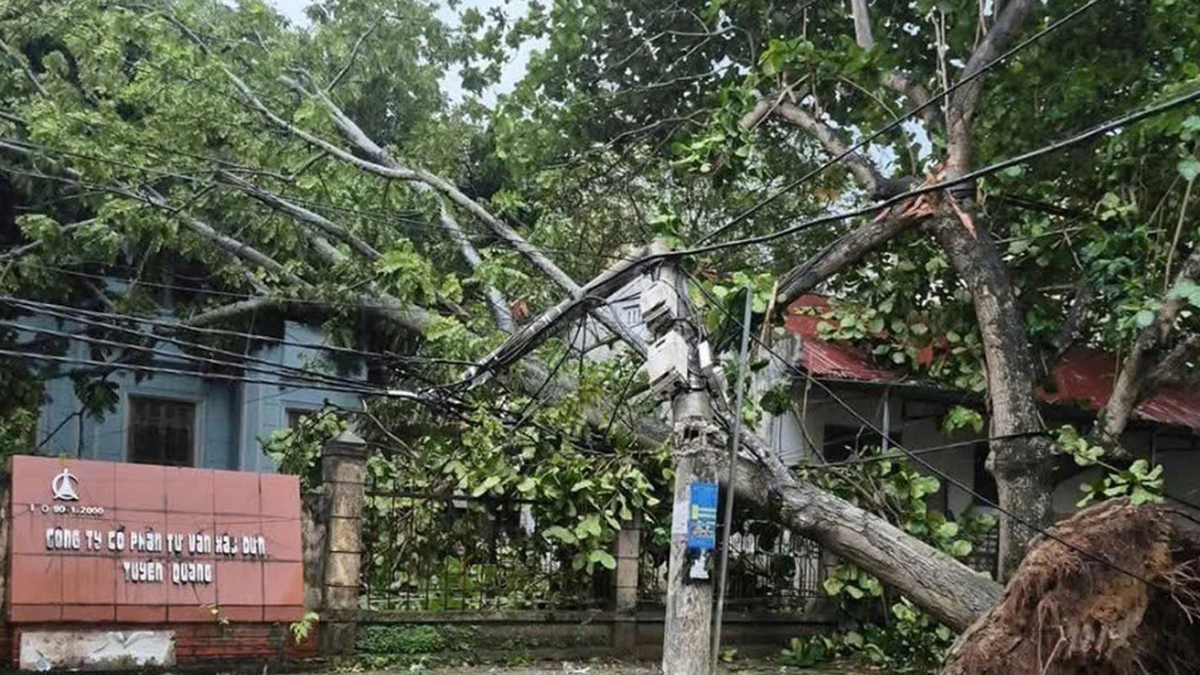
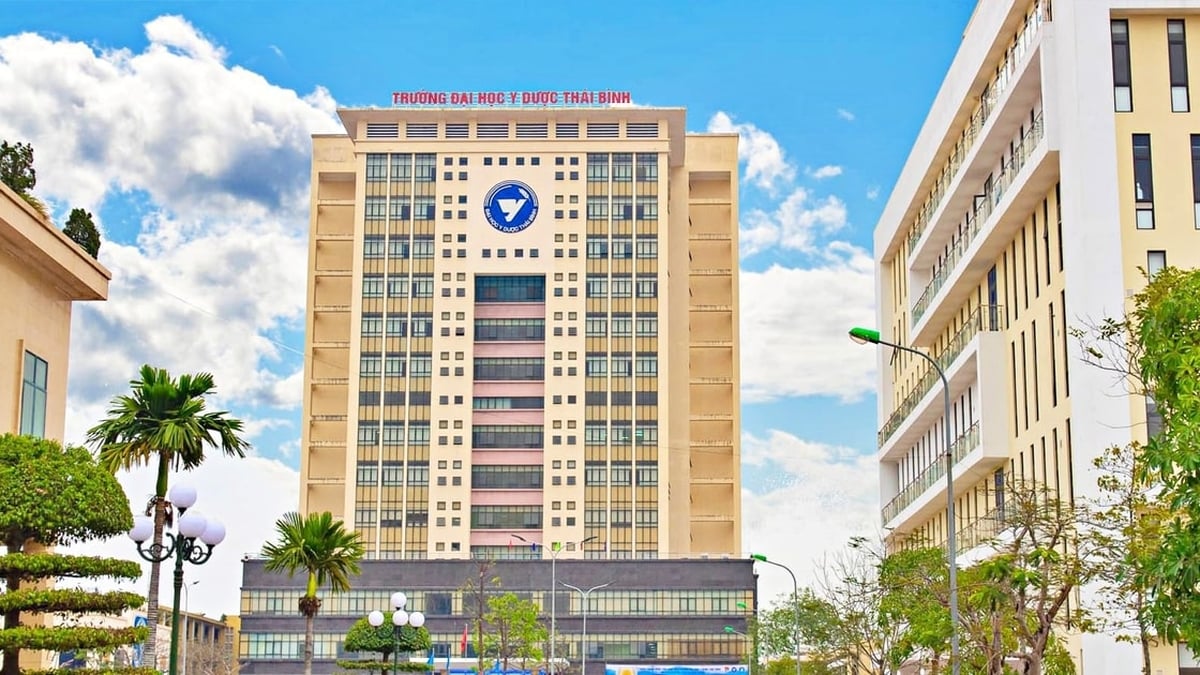





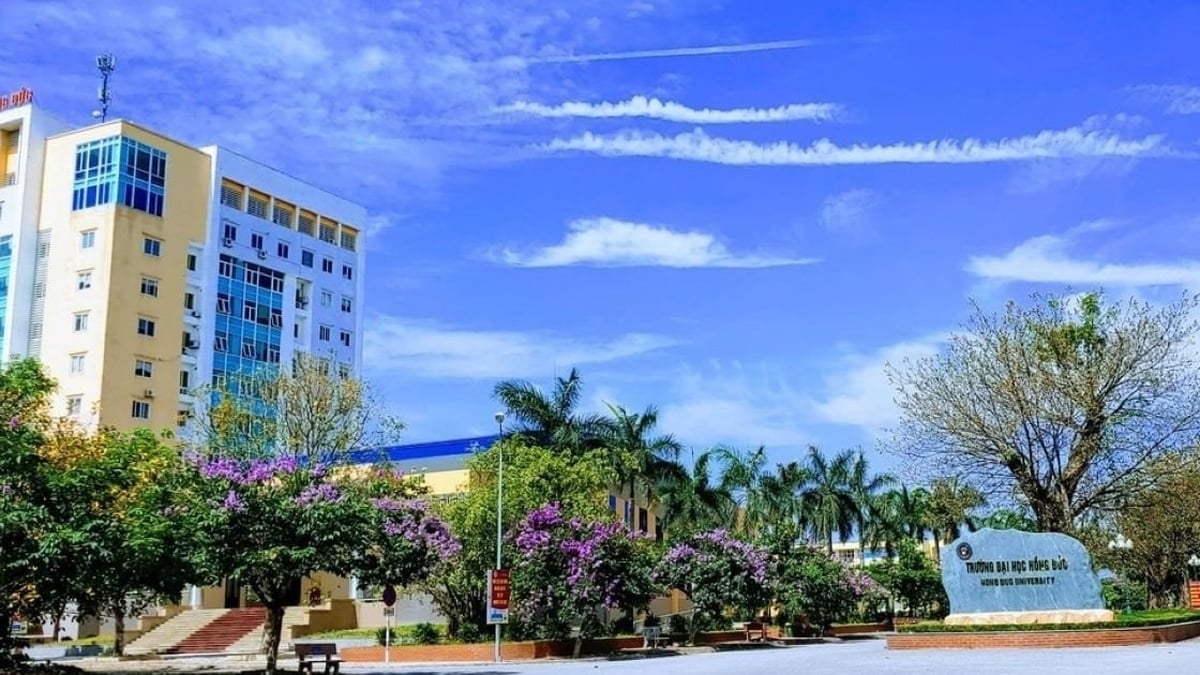
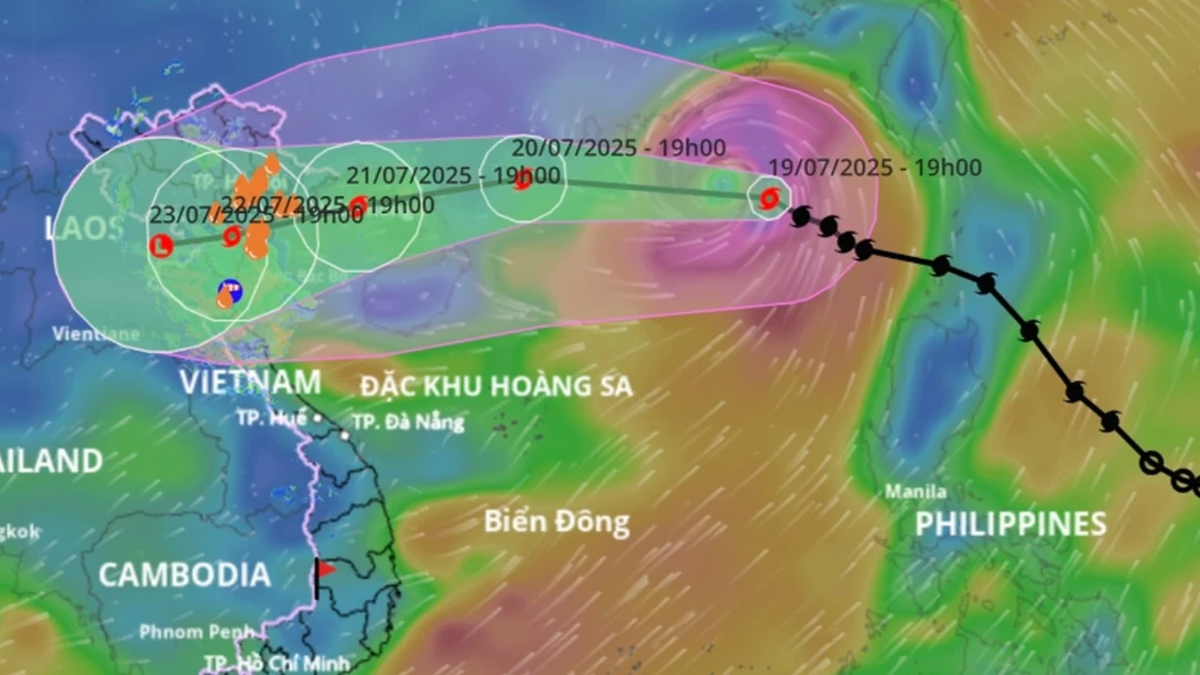
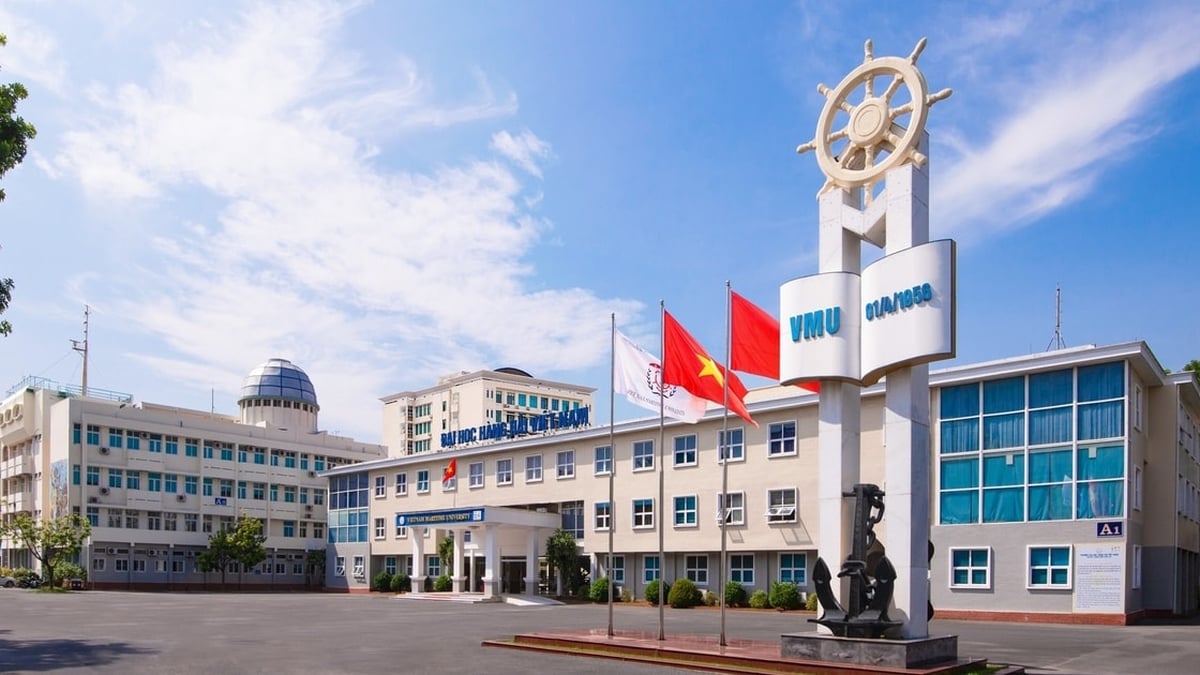






















































































Comment (0)